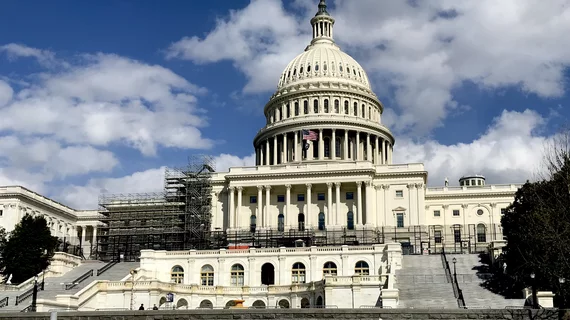Heart Rhythm Society launches new group focused on EP advocacy
The Heart Rhythm Society (HRS) has established a new advocacy group dedicated to lobbying for causes important to both electrophysiologists and the heart patients they treat on a daily basis.
The new organization, Heart Rhythm Advocates, will urge federal policymakers in Washington, D.C. to make policy decisions it feels will have a positive impact on patient care. Such causes include improved reimbursement rates and updated CPT codes for atrial fibrillation (AFib) ablation and other effective heart rhythm treatments.
“Heart Rhythm Advocates offers a powerful way to further strengthen HRS' leadership and commitment to serving as the unified voice of EP,” HRS President Kenneth A. Ellenbogen, MD, a cardiologist with VCU Health in Virginia, said in a statement. “This new entity will allow us to expand our impact and support everyone in the EP community, starting with physicians and their patients. By taking this big step forward and with the continued support of our members and patients, we will accelerate Heart Rhythm Advocates' ability to influence reimbursement and healthcare policies for the current and future generations of EPs.”
HRS and other like-minded medical societies have been advocating for policies that benefit EPs and their patients for many years. By forming this new organization—and providing $1 million in funding to help it get started—HRS hopes to spend more time and energy focused on other aspects of its overall mission.
HRS emphasized that it will continue providing updates to its members on important policy issues so that they can get involved and help make a difference.

